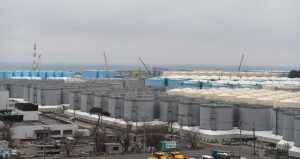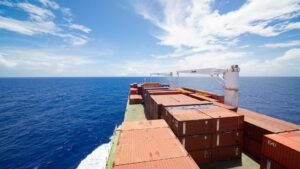Groundbreaking wind-powered cargo ship sets sail
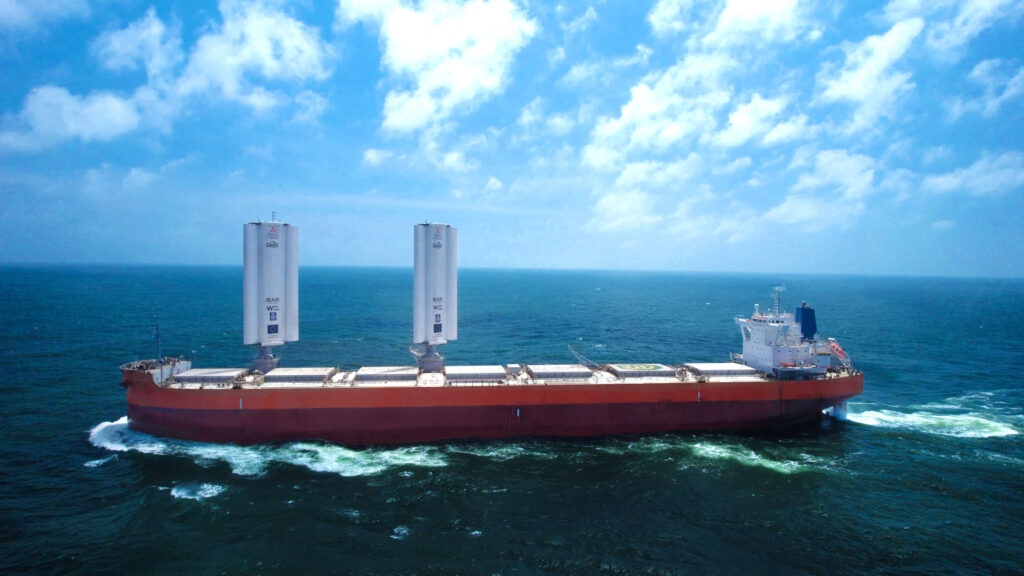 Pyxis Ocean
Pyxis Ocean
An innovative cargo ship, fitted with giant, collapsible sails has set sail in the open ocean for the first time.
Mitsubishi Corporation’s 2017-built bulk carrier Pyxis Ocean, chartered by shipping firm Cargill, is the first vessel to be retrofitted with two WindWings, designed by the UK’s BAR Technologies and produced by Yara Marine.
WindWings are large wing sails measuring up to 37.5 meters in height that can be fitted to the deck of cargo ships. Cargill says Windwings are expected to generate average fuel savings of up to 30 per cent on new build vessels, which could be even higher if used in combination with alternative fuels. The installation of the wings took place at the Cosco shipyard in China and Pyxis Ocean is now on the water, conducting her maiden voyage.
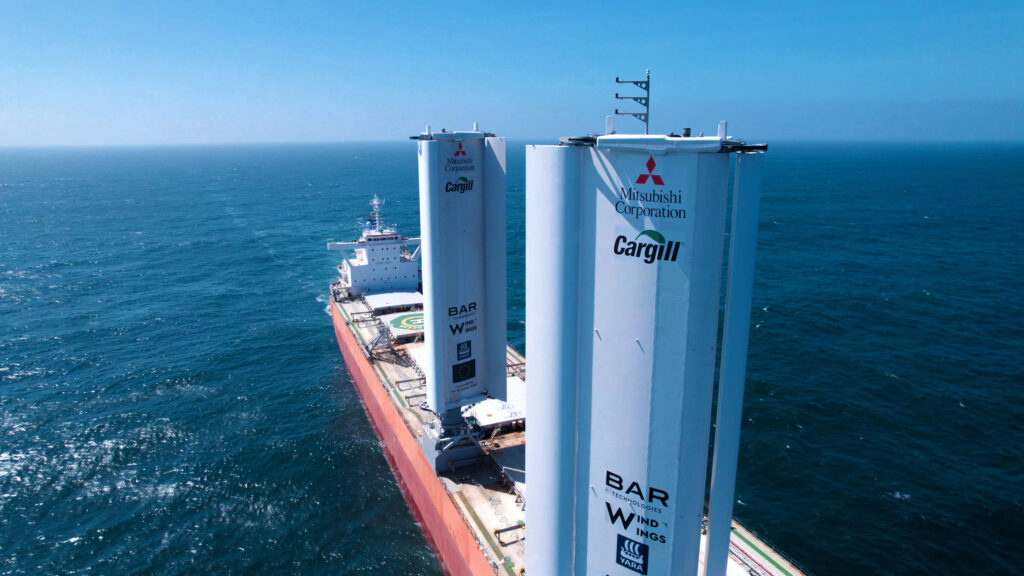
“The maritime industry is on a journey to decarbonise — it’s not an easy one, but it is an exciting one,” says Jan Dieleman, president of Cargill’s ocean transportation business. “At Cargill, we have a responsibility to pioneer decarbonising solutions across all our supply chains to meet our customer’s needs and the needs of the planet.
“A technology like WindWings doesn’t come without risk, and as an industry leader – in partnership with…Mitsubishi Corporation — we are not afraid to invest, take those risks and be transparent with our learnings to help our partners in maritime transition to a more sustainable future.”
The WindWings project, which is co-funded by the European Union as part of the CHEK Horizon 2020 initiative, is attempting to help the industry meet sustainability targets by offering a retrofit solution that is capable of decarbonising existing vessels, which is particularly relevant given that 55 per cent of the world’s bulker fleets are up to nine years in age.
The performance of the WindWings will be closely monitored over the coming months to further improve their design, operation, and performance, with the aim that the Pyxis Ocean will be used to inform the scale-up and adoption across not only Cargill’s fleet but the wider industry.
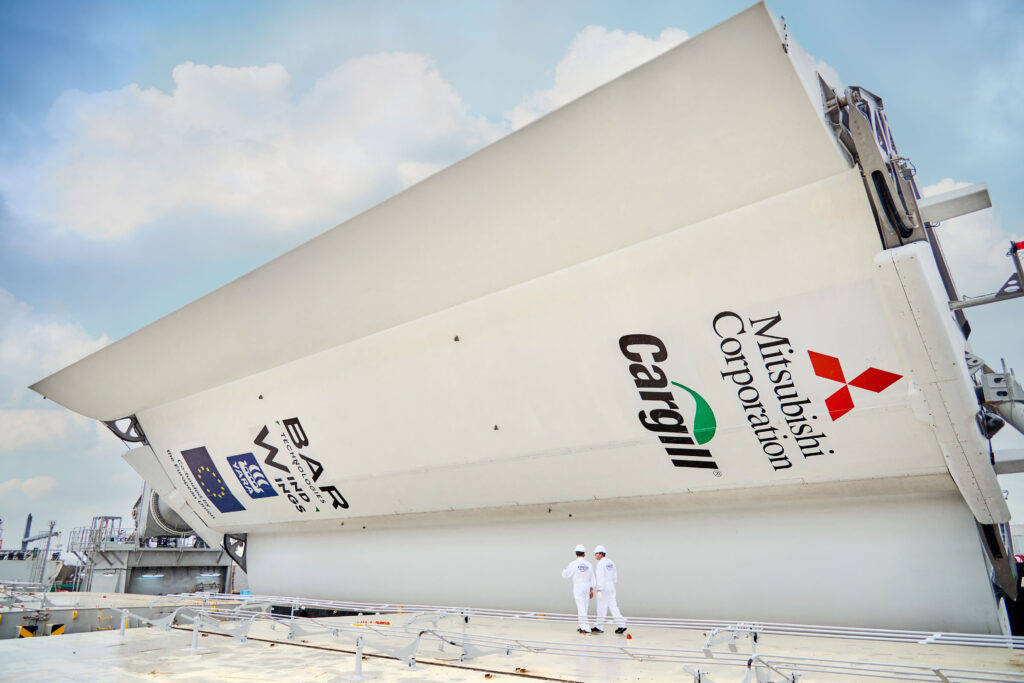
BAR Technologies and Yara Marine Technologies say they are already planning to build hundreds of wings over the next four years. BAR is also researching newbuilds with improved hydrodynamic hull forms.
In recent years, there has been a resurgence of interest in equipping vessels to harness the power of the wind. What was once romanticised as a historic way to sail cargo across the world’s oceans has become a credible option for modern vessels, fuelled by incoming carbon reduction targets and high fuel prices.
In July 2023, MIN reported that Japanese electric power company J-Power and Finnish clean tech firm Norsepower are collaborating to install a rotor sail on a dedicated coal carrier.
“If international shipping is to achieve its ambition of reducing CO2 emissions, then innovation must come to the fore,” says John Cooper, chief executive of BAR Technologies. “Wind is a near marginal cost-free fuel and the opportunity for reducing emissions, alongside significant efficiency gains in vessel operating costs, is substantial.
“Today is the culmination of years of pioneering research, where we’ve invested in our unique wind sail technology and sought out a skilled industrialisation partner in Yara Marine Technologies, to provide vessel owners and operators with an opportunity to realise these efficiencies.”


